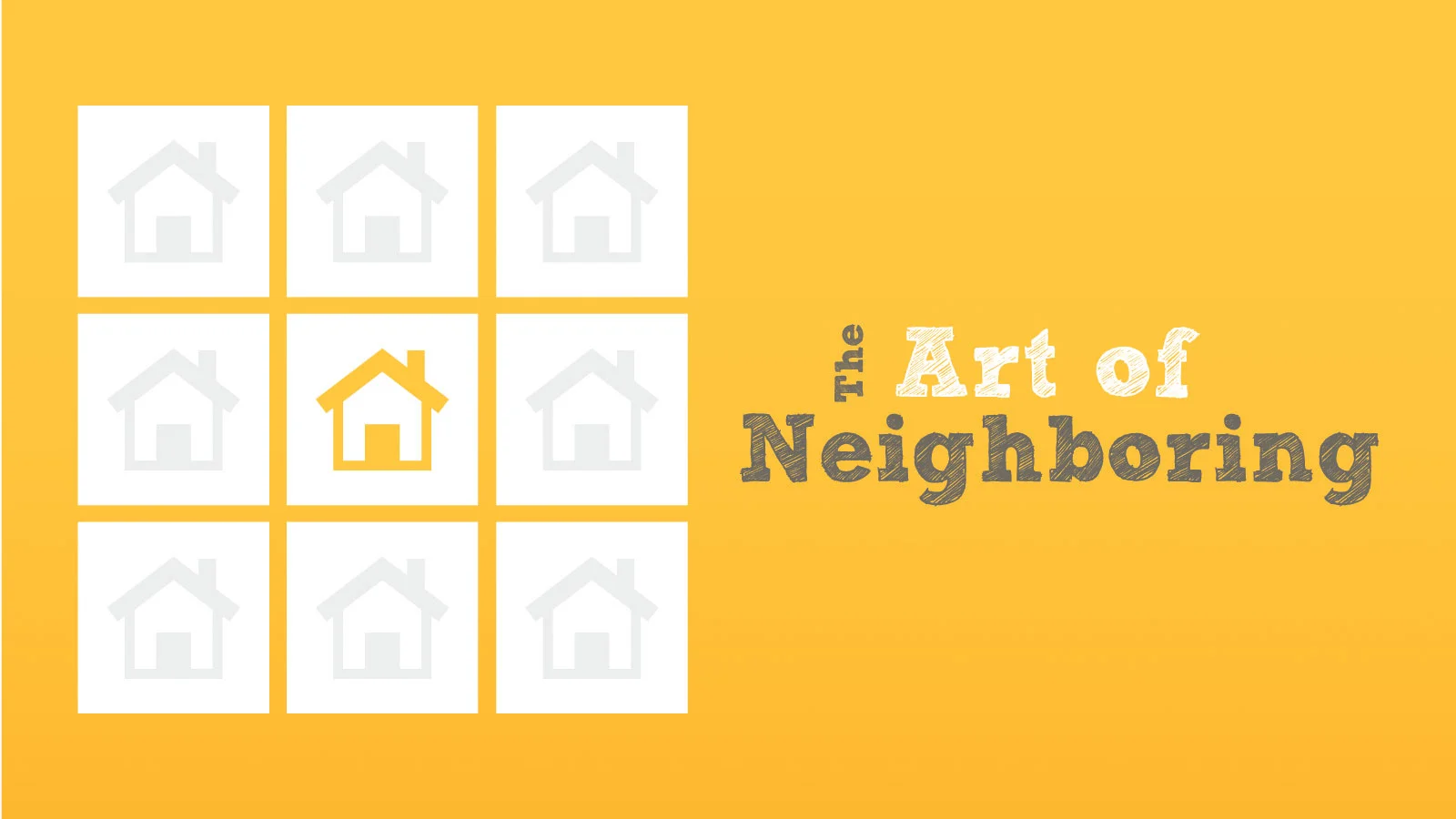We have been exploring in this series the impact of how our identity has been shaped as consumers in 21st century America. Last week we reflected on Jamie Smith’s profound book, Desiring the Kingdom, and his insights into how consumerism shapes who we are. In the next two posts, I will apply those insights into how we engage the local church. In today’s post I want to consider just how strange our current posture of selecting a church is in an historic context. That statement might not naturally draw you in, but it’s only when we are able to see how alien and strange our current reality is that we can begin to consider how to diagnose our condition and, Lord willing, be cured.
The notion of “church shopping” first becomes a possibility in 20th century America.














